
Important facts
When it comes to the person’s overall health, considered as one of the most essential indicators is the level of the substance glucose in the blood. And when there is a need to put forward a diagnosis of a certain illness or disease, it is essential to keep track of the levels of this substance both prior and after having a meal. The glucose, situated in the blood, is also known as the blood glucose or, even more commonly, the blood sugar. As far as its functions are concerned, it is the one responsible for the body cells which need certain amount of energy to function properly and perform with success all of their regular and every day activities. But once the level of glucose begins to vary and change suddenly from low to high, then as a direct consequence of this, numerous illnesses and diseases occur, one of the most frequent being diabetes. It is a scientifically known fact that the levels of glucose have an overall tendency to be quite low in the morning hours and that they increase during and after meals. In case these levels are lower than 70 milligrams/deciliter and they remain low for a long time, then there occurs a condition commonly referred to as hypoglycemia. Once these levels surpass the 150 milligrams/deciliter this condition is known as hyperglycemia. In general, as acceptable and treated as normal after having a meal are the levels that range from 70 to 145. The role of internal glucose levels in the blood is performed by insulin, which is produced by pancreas. After doing an extensive research, the ADA made it official that the levels of sugar in the person’s blood two hours after he/she has had a meal should not surpass 180 mark, while before a meal they should range from 70-130.
Abnormal glucose levels – most common indicators
The following manifestations exhibited as the frequent symptoms of the diabetes are also considered to be the ones directly connected to the abnormal rise in the levels of glucose:
skin that is too dry and itchy,problems with the eyesight such as blurred vision,weight loss,frequent urination,constant thirst,sores healing too slow,excessive fatigue,frequent bouts of hunger,numbness in feet followed by the tingling sensation.Take control
In order to bring the levels of glucose under control and keep them from fluctuating suddenly, a person needs to adhere to the following recommendations and steps:
All forms and varieties of sugar should be avoided - Barley malt, sucrose, maltose, glucose, honey, and corn syrupNo refined carbohydrates such as breads and pastas, made from white flowerDecreased consumption of caffeineAvoiding alcoholOpt for small rather than big and heavy mealsStick to a diet that abounds in fibers

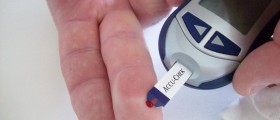
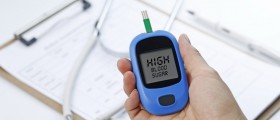

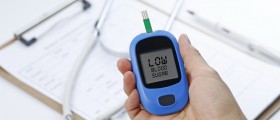

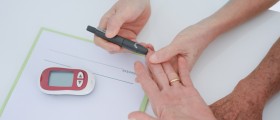


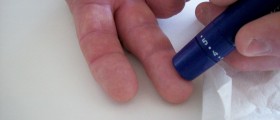

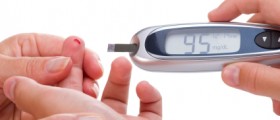



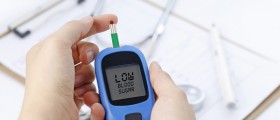
Your thoughts on this
Loading...